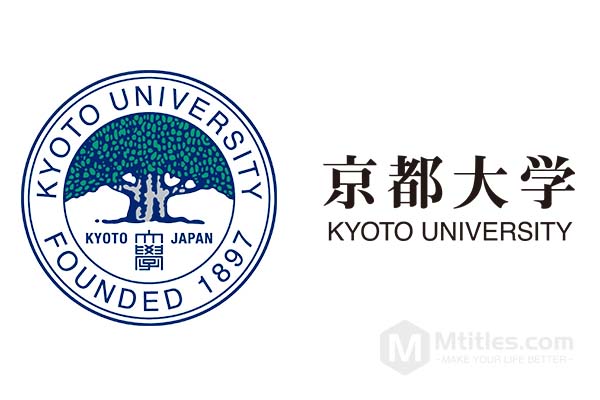#33 Kyoto University

Basic Infomation:
World Position: No. 33
Nature of University: Public
Research Findings: Very High
Number of students: 22,608
Number of Teachers: 3,911
Number of international students: 2,863
Overview:
Kyoto University is a comprehensive research university in Japan and one of the leading research institutions in Asia. Its headquarters is located in Sakyo District, Kyoto City, Japan. It is a member of the East Asian Research University Association, a top school in the category A of the Super International University Program of the Ministry of Education, Culture, Sports, Science and Technology of Japan and a designated national university. Kyoto University has many first-class scientific research institutions such as the iPS Cell Research Institute of Kyoto University, the RIMS Research Institute of Mathematical Analysis, and the Disaster Prevention Research Institute of Kyoto University. As one of the highest universities in Japan, Kyoto University enjoys a high reputation worldwide and is known as the "cradle of scientists".
Kyoto University is the second Japanese national university after the founding of the University of Tokyo. It was founded in 1897 with the motto "Academic Spiritual Freedom" and aims to instill this value in 22,000 undergraduate and graduate students. Kyoto University was originally named Kyoto Imperial University; after World War II, it was officially renamed "Kyoto University"; in 2004, it was reorganized as a national university corporation, Kyoto University.
The Yoshida main campus of Kyoto University has been the core of the university since its establishment. It is famous for its fascinating architecture, including buildings of various styles, from brick buildings such as the Bell Tower Centennial Hall (a symbol of the university) to modern laboratory buildings .
Other campuses include the Uji campus, which has research institutions, state-of-the-art laboratories, and testing facilities, and the Katsura campus, which is conceived as a "tech mountain". It combines tradition and cutting-edge, so there is no typical student experience in Kyoto, although all students have a sense of belonging to the academic community at the forefront of new academic horizons, especially when it comes to new technologies and coping with global challenges.
For those who are interested in Japanese culture, Kyoto City will be interesting because it is the birthplace of manga and the capital of Japan has a history of more than 1,000 years. Numerous cultural properties cultivated in a long history are spread across the city, with 1 college student in every 10 people-the highest percentage of any city in Japan by far.
Kyoto is also blessed with rich natural scenery, surrounded by mountains and peaceful temple gardens. Parts of the city are also a protection center. Compared to Osaka or Tokyo, the cost of living in Kyoto is relatively low; since the city center is quite compact, students can travel around safely by bicycle.
Kyoto University is competitive in most major rankings, usually in the top two in Japan and the top 10 in Asia. Kyoto University ranks 33rd in the world in the 2022QS World University Rankings; ranked 1st in Japan in the 2018 and 2019 Times Higher Education Japanese University Rankings; ranked 32nd in the world in the academic rankings of the World University in 2019 and 2nd in Japan It ranks 21st in the world in the fields of natural sciences and life sciences. The excellent ranking makes it a major player in the university arena.
Known for cultivating world-class researchers, including 13 Nobel Prize winners (No. 1 in Asia), 3 Fields Medals (No. 1 in Asia), 1 Gauss Prize, 5 Lasker Prizes, and 1 Chern Award, 9 Kyoto Awards, 3 Japan International Awards, 114 Japan Academy Awards, 6 Wolf Prizes, 4 Akutagawa Awards, Japan’s only Darwin-Wallace Medal and other award winners, and five Japanese Prime Minister. The number of CEO alumni of Fortune 500 companies ranks 12th in the world, and it can be described as a large number of giants. Its graduates have a pivotal position in scientific research, academics, and political and business circles.
About Undergraduate:
Kyoto University offers undergraduate programs in the following faculties:
Integrated Human Studies
Letters
Education
Law
Economics
Science
Medicine
Pharmaceutical Sciences
Engineering
Agriculture
About Postgraduate:
Kyoto University has over a dozen graduate schools, which cover a range of subject areas, including:
Education
Law
Economics
Science
Medicine
Engineering
Management
Public Health



